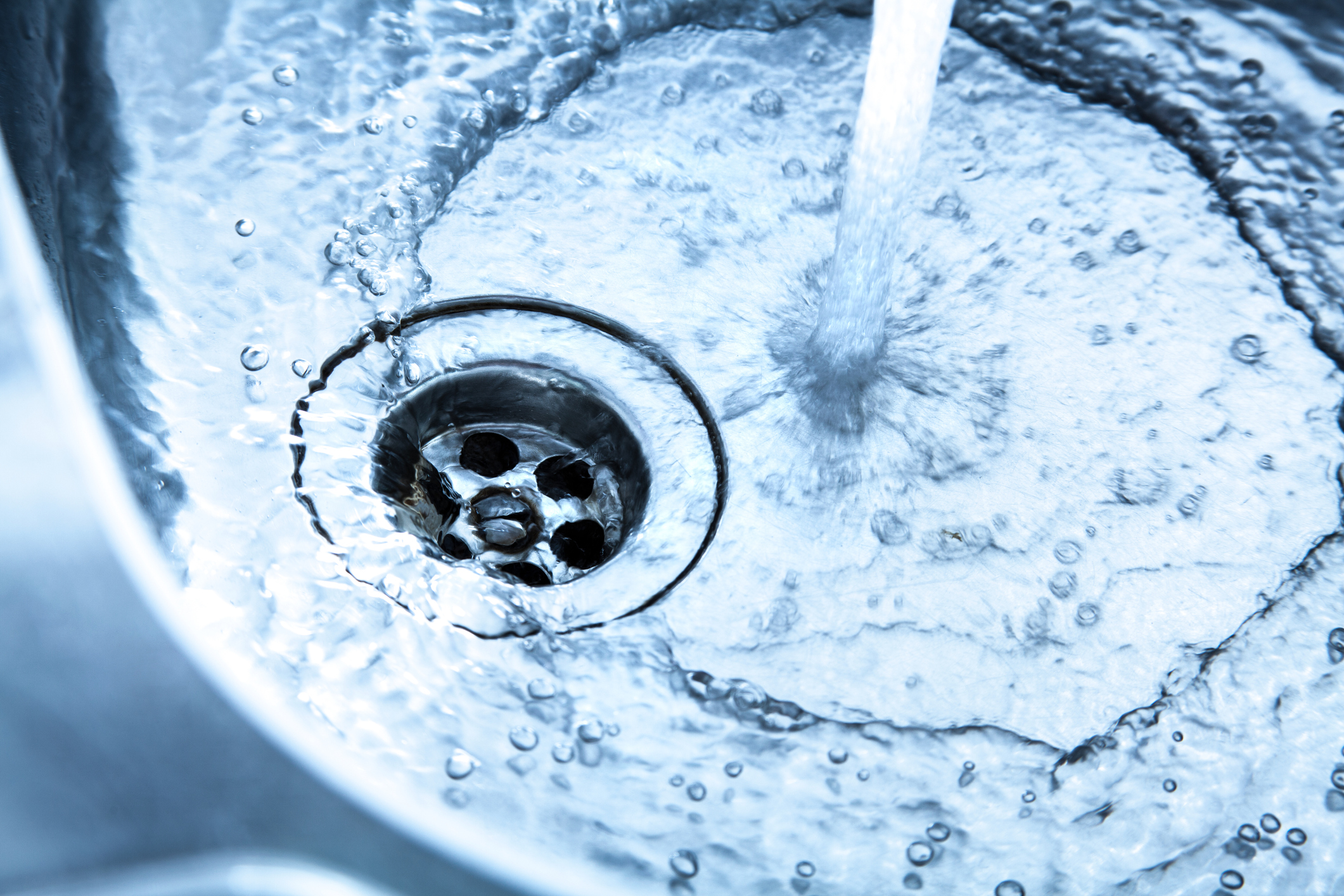Methane Biofilter
Efficient and effective biofiltration of methane generated from on-site wastewater treatment system

In Brief
- Challenge: 2050 Challenge
- Challenge type: National Challenge Fund
- Status: Active
The Challenge
Did you know that the treatment of domestic wastewater can actually contribute to your carbon footprint? This is because on-site domestic wastewater systems (OSWTS) emit both carbon dioxide (CO2) and methane (CH4), with CH4 being the second most significant contributor (28%) to greenhouse gas emissions in Ireland. Unfortunately, the diluted CH4 stream produced in low-purity (~5%) streams cannot be recovered using existing physical-chemical treatments or burned off, and can escape into the environment.
In Ireland, approximately one-third of domestic wastewater is treated by on-site domestic wastewater treatment systems (OSWTSs), which typically release 10 kg-CO2eq/year/person GHG emission. These emissions include 63% CO2 and 27% CH4 of the total net emissions. To address this issue, a proposed project will develop a sustainable passive CH4 biofiltration solution to mitigate CH4 emissions from OSWTS. By implementing this solution, we can reduce the impact of domestic wastewater treatment on our environment and contribute to a more sustainable future.
The Solution
Our team is committed to reducing methane emissions from on-site domestic wastewater systems by implementing a passive biofiltration solution. Our innovative approach involves using media called porous zeolites to adsorb CH4, which will create an environment where tiny organisms called methanotrophs can metabolize the CH4. We are confident that this method will effectively reduce CH4 emissions, even in low-purity CH4 streams coming from OSWTS, based on our thorough understanding of the process.
The goal of this project is to develop and implement this solution to reduce Ireland's greenhouse gas emissions and contribute to the United Nations' Sustainable Development Goals, specifically SDG13. By taking action to reduce CH4 emissions from domestic wastewater treatment, we can make significant progress toward creating a more sustainable future for all.
The Team
- Team Lead: Dr Muhammad Ali, Trinity College Dublin
- Team Co-Lead: Professor Laurence Gill, Trinity College Dublin
Societal Impact Champion
- Donal Molloy, Molloy Environmental Systems
- Wayne Byrne, Method Capital